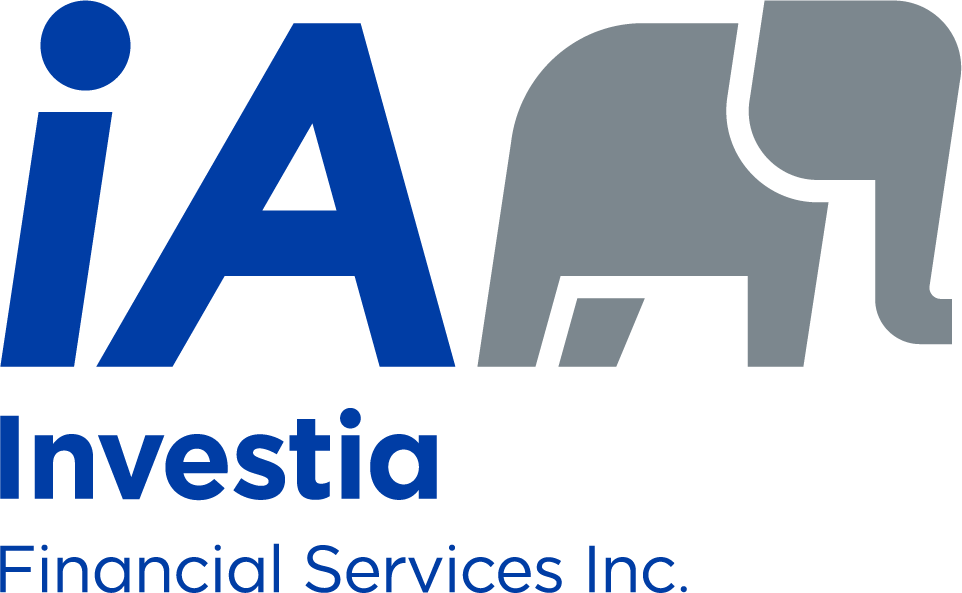
|

|
|
|
|
|
|
|
|
|
|
| 1-800-479-6576 905-853-6196 | |
|
|
|


|
|
|
Services > Estate Planning > Getting Started
Estate PlanningGetting Started The following questions may assist with your own estate planning:
Depending on the complexity of your estate, you may require the services of a lawyer, a financial advisor, an accountant, an insurance agent or a trust officer. Developing a complete estate plan will require much more than a will. York Financial Group can assist you determining the best tools to use to ensure your heirs receive the maximum benefit from your life's work. Depending on your personal situation, you will need to consider a combination of the following components. Will: the core document in your estate plan that identifies an executor, distributes your assets, and names a guardian for your children if they are still minors. Trust: is established to take care of assets you don't want transferred immediately after your death or to manage investments for beneficiaries who are incapable of doing so themselves. Life insurance: can ensure your heirs aren't negatively impacted by their inheritance, or to pay your funeral expenses or final taxes. Power of attorney for finances: allows a trusted family member or friend to make financial decisions for you should you become incapacitated - but only while you're alive. Power of attorney for health care: allows someone close to you to make medical decisions based on your own previously expressed wishes. Living will: sets out your preferences for medical care if you're unable to express them yourself. This concerns continuing life support and similar important decisions. Organ donor cards: is an official statement of whether you would like your organs to be saved for someone who would benefit from a transplant. You will also need to discuss this with your family as doctors may need their consent as well. Funeral arrangements: helps decide how you would like to be remembered. Business succession plan: decides what will happen with a business you own in part or whole. There are complex rules regarding selling a business or passing it to heirs. In Canada there are no "estate taxes" - taxes levied on the entire value of an estate. However, your estate may be subject to probate or income taxes. These are paid out of your estate, reducing the amount paid to your heirs. Probate and income taxes are foremost considerations when planning your estate.
|
|
||||||||||||||||||||||||||||||||||||||||||||||||||||
|
© York Financial Group, 2005
|
|||||||||||||||||||||||||||||||||||||||||||||||||||||||
